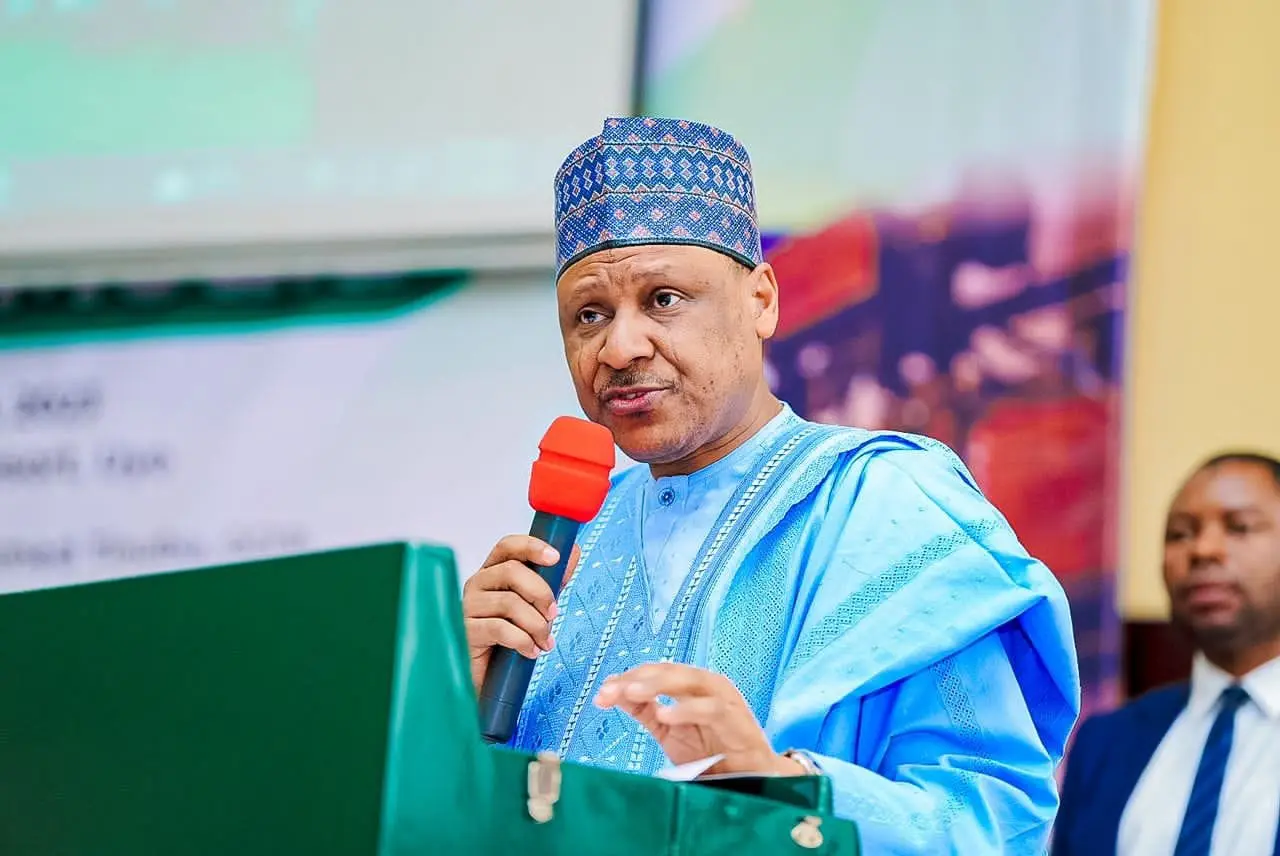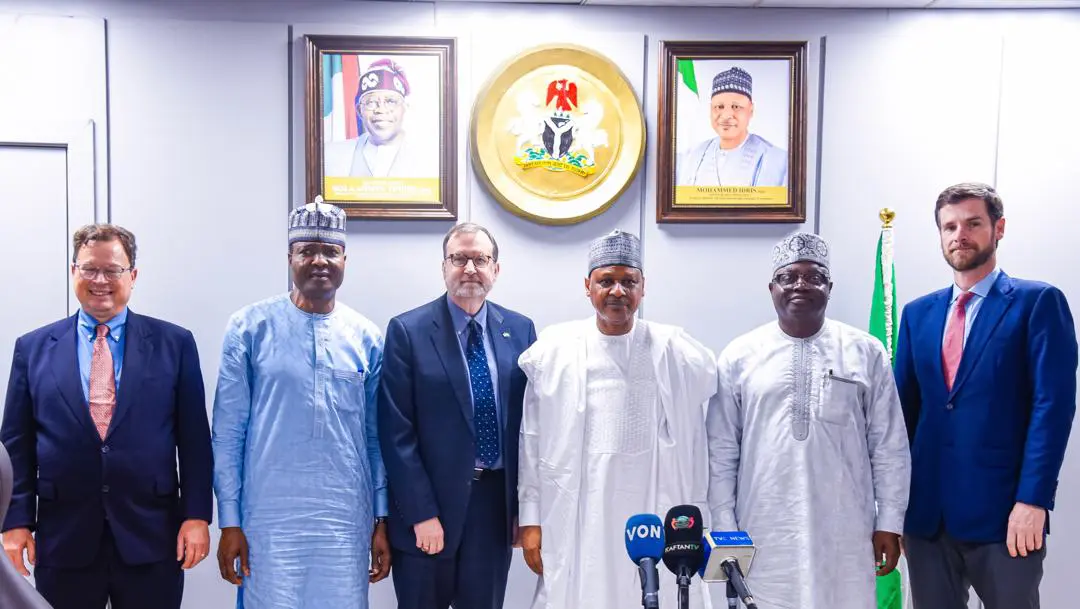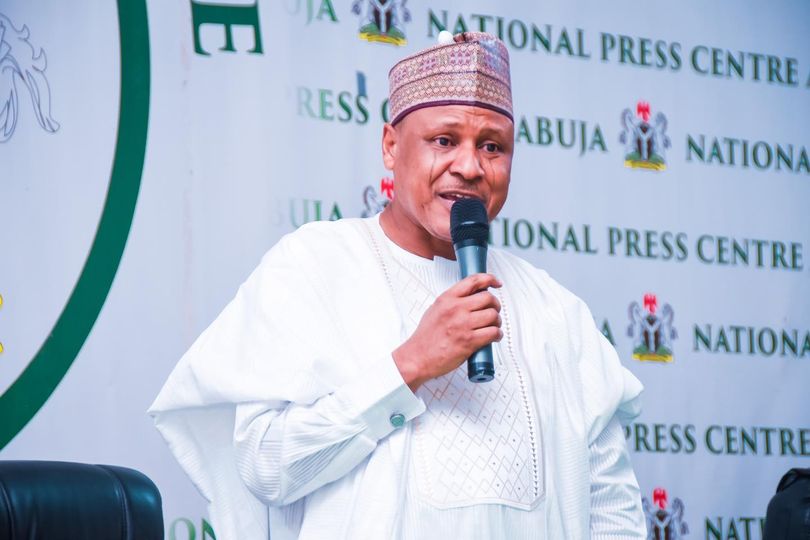Minister of Information and National Orientation, Mohammed Idris, has called on the Nigeria Police Force (NPF) to adopt and internalize the National Values Charter fully, emphasizing that embracing the Charter’s principles would significantly improve its public image and perception.
The minister made the call on Monday in Asaba, Delta State, at a capacity-building workshop for Police Public Relations Officers on the theme ‘Strengthening Nigeria Police Force Oversight and Responsibility’.
Represented by the Director General of Voice of Nigeria, Mallam Jibrin Baba-Ndace, the minister underscored the importance of aligning the NPF’s conduct and activities with national values to strengthen public trust and confidence in the institution.
“The National Values Charter is conceived as a policy blueprint for defining us as Nigerians and upholding the ideals of our true values within our shared aspirations.
“It fulfills the missing gap in our pursuit of national cohesion, social advancement, and an enduring sense of nationalism among Nigerians. I am therefore seizing this opportunity to call on the Nigeria Police Force to fully embrace the values charter wholeheartedly, internalize its essence, and utilize it for the evolution of a new Nigerian narrative.
“We must all realise that the Nigerian Police is in the front row of our nation’s public perception both nationally and internationally,” he said.
Idris, who highlighted the unique role of the Nigeria Police Force as the primary security agency with close interactions with a vast segment of the Nigerian population, noted that the Police’s responsibilities extend beyond law enforcement to include the protection of life, dignity, liberty, and property of citizens.
These duties, he stressed, require the Force to remain accountable both to the Nigerian Constitution, from which it derives its powers, and to the citizens, with whom it maintains a binding social contract.
“There is probably no other security control mechanism that has an intimate dealing with the large segment of the Nigerian populace as the Nigerian police.
“The relationship between the Nigerian Police and Nigerian society is both historical and contextual.
“Predating the April 1, 1930 merger of the two separate police institutions from the Northern and Southern protectorates to form the present Nigeria Police Force (NPF) under the Police Ordinance No 2 of 1930, its contemporary constitutional duty of maintaining public safety and order is instructive.
“These cardinal oversight roles, extending more elaborately to the protection of life, dignity, liberty, and property of citizens, demand accountability on the part of the police, to the constitution from which its powers are derived, and to citizens by which its social contract is bound and upheld,” he stated.
The minister further said effective policing requires mutual understanding and a shared sense of responsibility between the police, the government, and the public, as policing will be impossible when the police lack public trust and cooperation.
He emphasized that public trust remains the most pressing challenge facing the Nigeria Police Force today, more so now than at any other point in our nation’s history.
“In our evolving development as a nation and advancement of our collective dignity, the Police have struggled to deal with a complex web of relationships with the public, mainly because of an apparent contradiction of protecting civil rights while maintaining order in the state.
“This struggle has become even more challenging as there are certain restraining, internal factors complicating the professional effectiveness of the police in performing its duties.
“For this, and the many reasons we know and can admit, the public has also struggled to accept the epithet that “Police is Your Friend”. But I must hasten to add that, the Nigerian Police is not alone in this turbulence, even as it is usually availed an easy referencing.
“Within the climate of overall trust and credibility deficit, and the overall perception gap between government and citizens, the role of public relations is now more invaluable in repositioning the reputation of the Nigerian Police in its oversight and accountability to the Nigerian public,” he stated.
The minister expressed his gratitude to the leadership of the Nigeria Police Force and the Force Public Relations Officer, ACP Olumuyiwa Adejobi, for organizing the event and selecting him as the Keynote Speaker.
National Values Charter will boost image of Nigerian Police – Information minister



